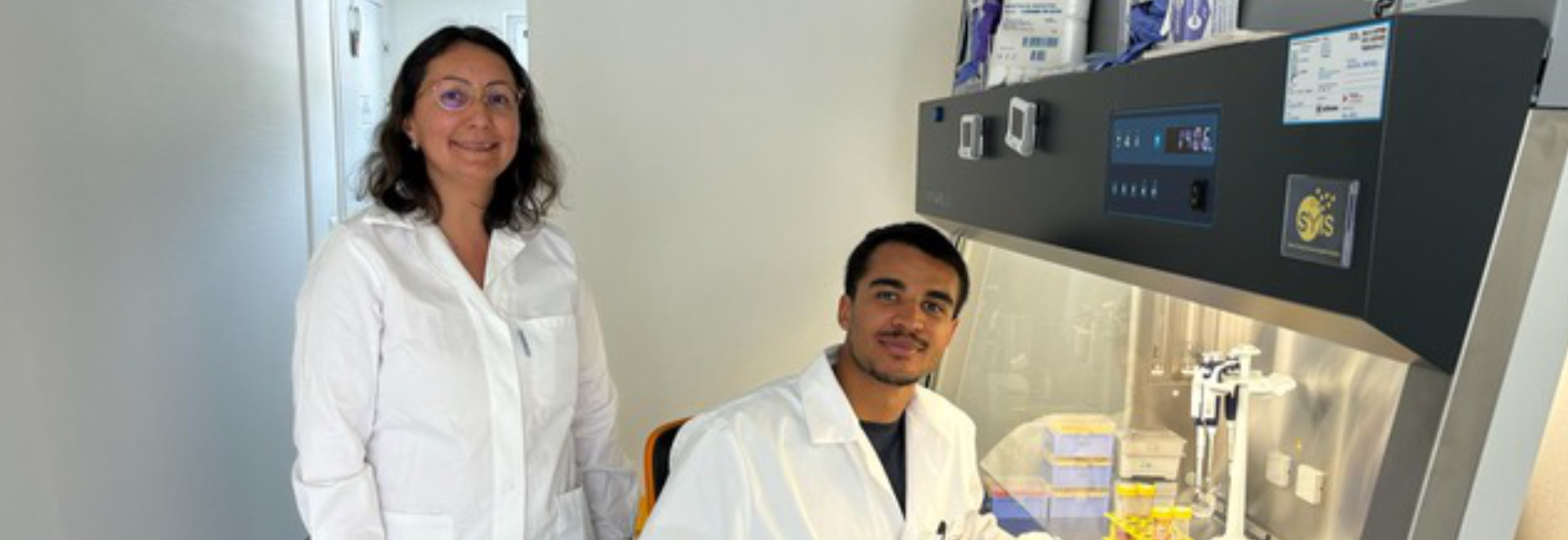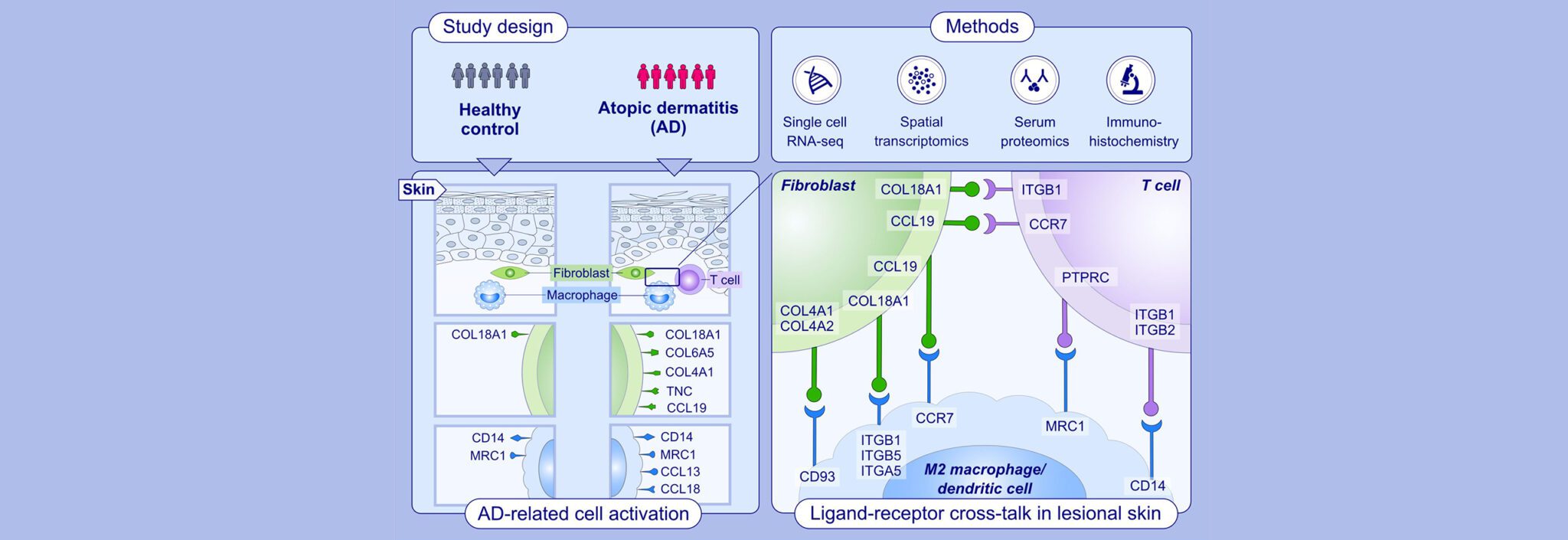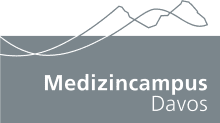Experience shows that people who have an allergic reaction to beer are merely greeted with a grin from those around them. Nevertheless, these reactions can definitely be life-threatening. The prevalence of beer allergy in Germany is low. Therefore cooperation with Chongquing Medical University (China) and a CK-CARE exchange programme provided a useful opportunity to study 20 cases of anaphylaxis following beer consumption.
As well as detailed history-taking and clinical examination, skin tests were performed with 12 different materials. These originated from native beer production in collaboration with the Institute of Brewing and Beverage Technology at the Weihenstephan Science Centre of the Technical University of Munich (TUM) and comprised not only barley and barley malt but also sorghum, millet, maize and yeast, hops and enzymes, substances which are used in China but also in many countries around the world. Furthermore, various original types of beer were introduced into the tests. In addition, oral challenge tests were performed after the success of the skin testing.
75% of the patients showed positive reactions to at least one or more beer ingredients, most commonly to sorghum and sorghum malt. Seventeen patients reacted in the oral challenge with predominantly skin symptoms in the form of flush and urticaria, which lasted up to two hours. A total of 5 patients reacted to hops, 2 of them reacting solely to hops. Seven patients reacted to millet but frequently in concurrent reactions to barley or sorghum. One patient reacted to yeast in isolation. It may be concluded from these tests that beer allergy is not a simple phenomenon, but quite different ingredients in beer can trigger severe reactions. In conjunction with growing globalisation and the availability of foreign beer varieties, an increase in beer allergies might also be observed in Central Europe (Song et al 2013 in press). To pre-empt possible comments, we have also observed cases of anaphylactic reactions to grape juice and wine.









